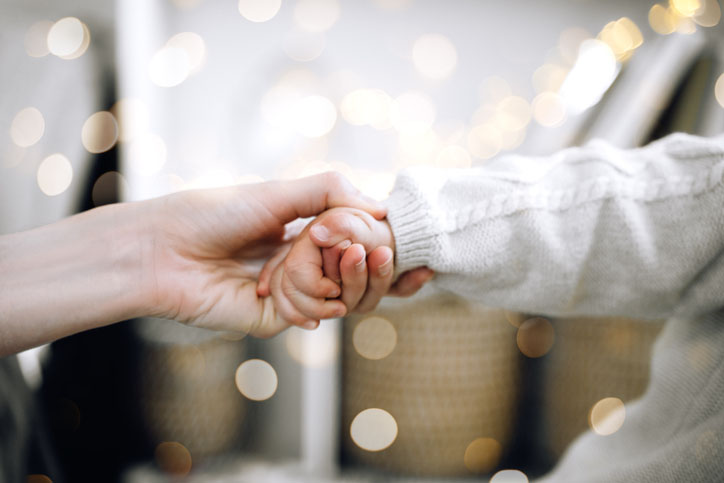This article originally appeared on The Media Line.
Four separate attacks in one morning have marked Tuesday as the bloodiest day in the recent wave of violence plaguing Israel. Three Israelis were killed and more than twenty others injured in attacks in Jerusalem and the central city of Ra'anana.
It was the most violent day in Jerusalem since last November, when two attackers using knives and a pistol killed four Jewish worshippers and an off-duty policeman who tried to stop them.
The most serious incident Tuesday took place on a bus in Armon Hanatziv, a Jewish neighborhood in southern Jerusalem, when two Palestinian assailants, one armed with a pistol and the other with a knife, attacked passengers. The assault occurred in close proximity to the adjacent Arab neighborhood of Jabal Mukkabir, killing two and injuring 17 others.
“A report came in of a shooting incident. When we arrived on scene we found multiple gunshot wound victims inside the bus…. with severe injuries,” Ahron Adler, a paramedic with Magen David Adom, told The Media Line, with traces of blood still on his hands. Both perpetrators were shot by police during the assault, with one killed at the scene and the second arrested and taken to the hospital.
Minutes later, a Palestinian man drove a vehicle into a number of pedestrians waiting at a bus stop in Geula. The assailant exited the vehicle and began stabbing pedestrians before being shot and killed by a security guard. One of the victims of that attack was killed and two others injured.
The timing of both incidents so close together raised the possibility that the three assailants had coordinated the violence. “We’re obviously looking into seeing if there was any connection whatsoever between both attacks,” Micky Rosenfeld, the Israeli Police spokesperson, told The Media Line. A later police statement revealed that all three men were residents of Jabal Mukkabir and that it appeared likely the attacks were planned.
Outside of Jerusalem, two separate stabbings took place in Ra'anana, an upscale suburb of Tel Aviv home to many English-speaking immigrants to Israel. In the first incident an Israeli was injured and the assailant arrested. A second stabbing resulted in four people being injured and the perpetrator being apprehended after a passing driver prevented his escape from the scene by driving into him.
The continuation and apparent escalation of the violence has led to calls for the police and the Israeli government to act more decisively to stem attacks. Jerusalem’s mayor, Nir Barkat called for gun owners to bear arms as a response to the wave of unrest.
“I don’t have good news for people that are carrying knives. If you carry a knife and you want to kill… you won’t go back home,” Barkat said to journalists at the scene of the bus attack.
The mayor stressed the differences in how guns are perceived in Israel compared to other countries around the world and suggested weapons could make the streets safer, not the reverse.
“In Israel it’s a big advantage, if you look back at a number of cases, soldiers, ex-soldiers with rifles or pistols were actually the one who neutralized the terrorist,” Barkat argued.
Some Jerusalemites have argued that curfews should be placed on Arab neighborhoods in east Jerusalem as the majority of assailants have originated from there. This is something that the municipality is considering, Ofer Berkovitch, Deputy Mayor of Jerusalem, told The Media Line. “The security of the residents of Jerusalem is more important than freedom of movement for anyone and we need more drastic measures,” he said.
“The call to carry guns must be taken carefully – only those with experience, who have a license should carry. We are not talking about taking the law into your own hands,” The Deputy Mayor explained, adding that he considered the deaths of Palestinian attackers as a deterrent to those who would copy them.
Motivations for Palestinians to carry out attacks are complicated and stem from nationalism, religious conviction and the false belief that Israel is trying to change the status quo regarding the Al-Aqsa Moqsue, Berkovitch explained. But poverty in Arab neighborhoods did play a role, the deputy mayor acknowledge, saying, “There is no doubt that the fact that east Jerusalem does not look like west Jerusalem is significant.” This however was something the municipality was working to address and in no way justified killing people, Berkovitch concluded.
Today’s events brings the number of Israeli fatalities from attacks in the last month to seven. In the same time period at least 27 Palestinians have died violently. At least eleven were killed while carrying out attacks on Israelis according to security forces, while the others were killed during clashes between Palestinian protestors and security forces including at least nine killed on the border with the Gaza Strip during violent clashes.





















 More news and opinions than at a Shabbat dinner, right in your inbox.
More news and opinions than at a Shabbat dinner, right in your inbox.